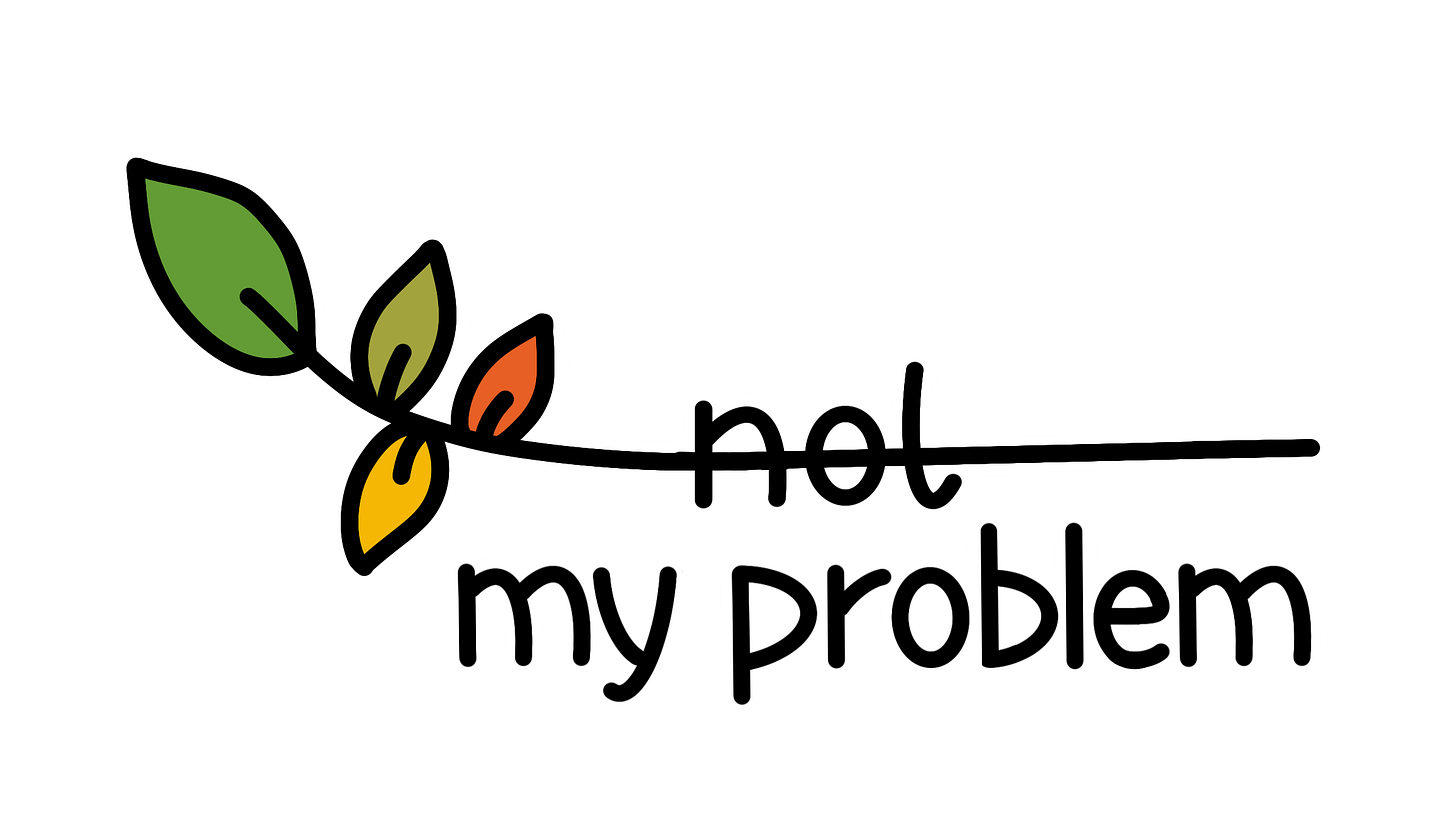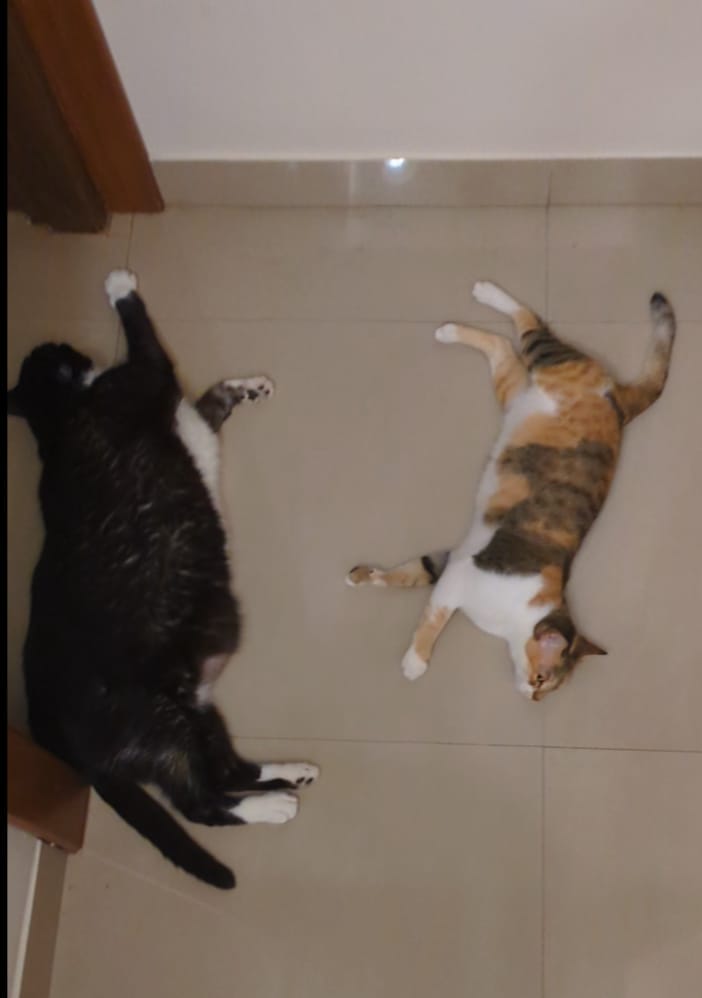Power Your Smartwatch Using Food Waste
A Sustainable Power Source
Today’s sustainable snapshot👇🏽
Power Your Smartwatch Using Food Waste
Startup of the Week: FAIRMAT
5 Sustainable Brands That You Should Check Out
News That Lifted My Spirits This Week
⌚ Power Your Smartwatch Using Food Waste
Have you ever heard of Pomelo? It is the largest citrus fruit and is a natural, non-hybrid citrus species, native to Southeast Asia and Malaysia. It’s very similar in taste to grapefruit, if that helps.

Now Pomelo has a sweet, juicy flesh and thick, spongy peel. Researchers at the University of Illinois have discovered a way to transform the discarded pomelo peels to generate enough electricity to power devices such as calculators and sports watches without using batteries.
This prevents food waste and creates a sustainable power source.
Here’s how the technology works:
Scientists freeze-dry pomelo peels to maintain their special 3D structure.
The dried peel is combined with a plastic film to create triboelectric devices.
In triboelectric devices, friction between two objects when they contact or slide against each other creates an electric charge.
While still in the research phase, the team is exploring other applications for pomelo peel and food waste materials for small-scale power generation.
If successful, this would eliminate millions of small batteries that end up as e-waste while reducing the impact of food waste.
⌛ Time for the quiz of the week
Wild is a sustainable personal care company that makes refillable products such as deodorants and body wash. In April 2024, this London-based consumer goods company acquired Wild to foray into reusable packaging.
Answer at the end of the newsletter. No one (including me) can see your response, so feel free to vote. 😉
✨ Startup of the Week: FAIRMAT
Have you heard of carbon composites? These are made of carbon fibers. They are light & resistant, which makes them highly sought after. These carbon composites are used in:
✈️ Airplane parts
🚗 Cars
💻 Electronic devices
🏸 Sports Equipment
But what happens to them at the end of their lives? Well, they are either
🔥 Burnt using pyrolysis or,
🧪 Dissolved using solvolysis, a chemical process.
Both these processes have high emissions. That’s where FAIRMAT comes in. Through its process:
1️⃣ It cuts the carbon composite waste into small chips.
2️⃣ Reassembles them into sheets of material.
3️⃣ These sheets are then used to create new products.
These recycled materials can be used in electronics, sports equipment, and parts for cars and airplanes. This process recovers up to 90% of the waste material with 10 times fewer CO2 emissions compared to traditional methods. According to Fairmat, the brand is working on "infinity recycling," which would allow continuous recycling of these products without creating waste.
✅ 5 Sustainable Brands That You Should Check Out
🇬🇧 Arborea: Industrializing the photosynthesis process to make sure everyone is fed.
🇩🇪 AIZOME: Bedsheets made without toxic chemicals and dyes.
🇮🇳 Wild Sunflower: Works with 200+ skilled artisans to build sustainable home decor products.
🇳🇴 Carbon Crusher: Solving the climate crisis by repairing our roads.
🇮🇳 Jiwya: A 100% plant-based slow fashion brand.
😹 News That Lifted My Spirits This Week
🌪️ Blade Runner: Wind turbines are great for the planet, but they come with a set of their own problems. Their blades are made of glass fiber-reinforced polymer (GFRP), and at the end of their life, it’s hard to recycle them. To solve this challenge, Washington State University engineers have developed an innovative recycling process that breaks down tough wind turbine blades into reusable materials using zinc acetate and hot water.
🪡 Stitch in Time: A growing movement is turning clothing repair into an act of rebellion against fast fashion, with groups like Edinburgh Street Stitchers leading public mending sessions to fight overconsumption. Extending clothes' life by 9 months can reduce their footprint by 30%. Besides that, mending is also seen as a meditative, community-building activity that helps people reclaim agency while fighting waste.
🔋 Battery Bounceback: As EV adoption rises, the challenge of sustainably sourcing battery materials has led to innovative recycling solutions. UK startup Altilium is pioneering a water-based method to recover valuable metals from used EV batteries. Governments across the EU and the US are also stepping in with policies to support this emerging industry and reduce dependence on problematic mining practices.
Give that 💚 a little tap if this edition helped you learn something new about sustainability and climate change. Have a good weekend, and see you next week :)





Glad to see you back in my inbox bud!